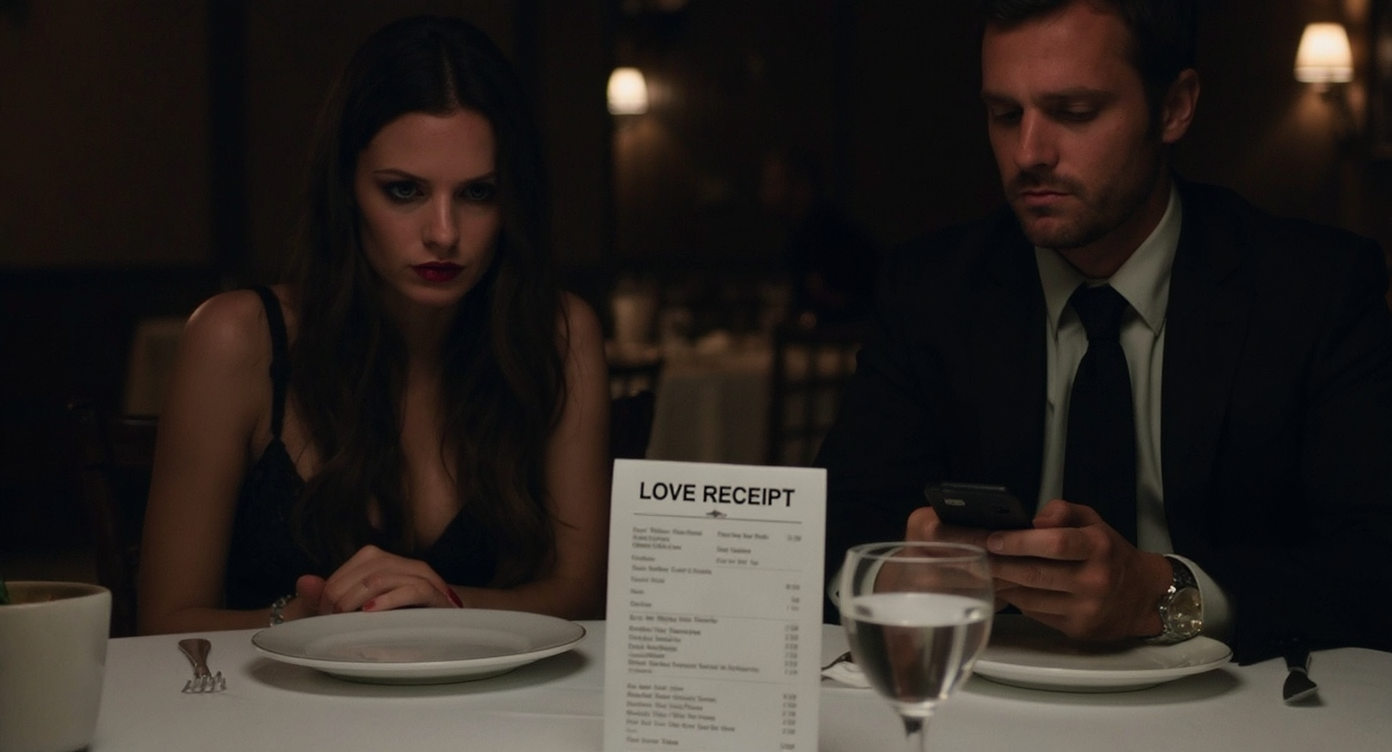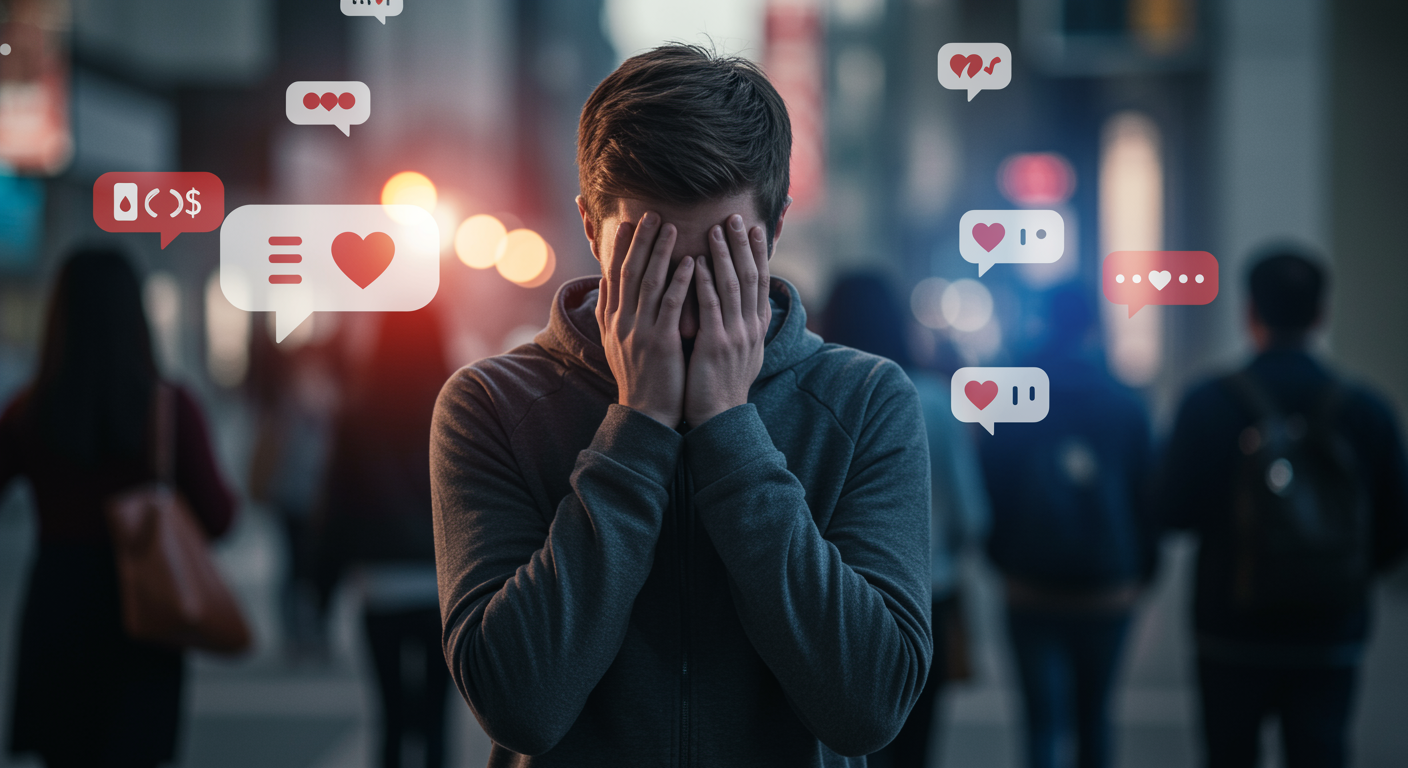Let’s be real: dating is expensive. And when you’re already worrying about rent, groceries, and gas prices, swapping dating app messages can feel less exciting and more like a financial calculation. You find yourself wondering: Are we connecting, or am I just being used for a free dinner?
This isn’t just being cynical. It’s a real concern for a lot of singles today. A great date can feel amazing, but the anxiety about the bill and the doubt about their true intentions can kill the mood fast. So how do you navigate finding love without going broke or becoming jaded?
Dating on a Budget: The New Normal
Remember the classic “dinner and a movie” first date? For many, that’s now a relic of the past. With the cost of living on the rise, the rules of dating are changing.
- Who Pays? The old-school rule that one person always pays is fading. Especially among younger generations, splitting the bill or “going Dutch” is now totally normal and even preferred. It creates a sense of equality from the start—no owed favors, no awkwardness.
- The Rise of the “Low-Key Date.” Think coffee walks, visiting a park, hitting up a free museum day, or grabbing a happy hour drink. These aren’t just “cheap” dates; they’re actually better for conversation and seeing if you click without the pressure of a fancy performance.
- The Big Question: But this new style brings a new doubt. When your date suggests a cheap or free option, is it because they’re thoughtful and budget-savvy? Or is it because they’re just not that interested in investing in you? It’s a tricky question without an easy answer.
That’s why using dating platforms that prioritize transparency—like Kasual, where users can clearly indicate their relationship goals and values—can help you meet people who are truly on the same page.
Why It Feels So Stressful: It’s Not Just About the Money
The stress of dating in a tough economy goes deeper than your wallet. It preys on your emotions and insecurities.
- The Fear of Being Used (Mostly for Women): Many women report this constant, low-grade anxiety. If a guy insists on paying, does he expect something in return? If he doesn’t, does it mean he’s not interested? It’s a mental rollercoaster that makes it hard to just relax and be yourself.
- The Pressure to Provide (Mostly for Men): Even though times have changed, many guys still feel the pressure to be the provider. If they can’t afford to pay for a nice date, it can hit their confidence hard. They might worry about being seen as “cheap” or not successful enough.
- You’re Not Fully Present: When you’re on a date and mentally calculating the cost of every cocktail, you’re not in the moment. That brainpower should be spent flirting and laughing, not doing math. This “third wheel” of budgeting can sabotage a connection before it even starts.
How to Date Smarter (Not Just Cheaper)
You don’t have to choose between love and financial stability. Here’s how to protect both your heart and your bank account.
1. Change Your Mindset About “Cheap” Dates.
Stop seeing a coffee date as a second-choice option. Reframe it in your mind as the smartest first date. The goal is to talk and see if there’s chemistry. You can do that perfectly well without a $100 dinner bill. A low-pressure environment actually makes real connection more likely.
2. Be the One to Plan (and Set the Tone).
Take control! If you’re worried about cost, be proactive. Suggest a specific, affordable idea first.
- Instead of: “Where do you want to go?”
- Try: “I’d love to check out the new exhibit at the art museum—it’s free on Tuesdays! Are you free?”
- Or: “I’m a big fan of keeping first meets casual. How about we go for a walk in Central Park and grab a coffee?”
This sets clear expectations, takes the pressure off them, and shows you’re thoughtful.
3. Communicate, But Keep It Light.
Honesty is best, but you don’t need to lead with “I’m broke.” When the bill comes, a simple, confident “Shall we split this?” works perfectly. If you’re planning date two and want to keep costs down, you could say: “I’m really watching my budget this month, but I’d love to see you. How about we try that new pizza place instead?”
Their reaction will tell you everything you need to know. Someone who is cool, flexible, and understanding is showing you their character.
4. Look for These Green Flags.
Instead of just looking for red flags, watch for positive signs that you’re on the same page:
- They suggest affordable dates themselves.
- They immediately offer to split the bill.
- They’re empathetic and don’t judge your budget choices.
- The conversation is easy and fun, regardless of the activity.
These are signs of a mature, grounded person who is interested in you, not a free meal ticket.
5. Spot the Real Red Flags.
Watch out for patterns of behavior, not one-off mistakes.
- They always order the most expensive thing on the menu when they know you’re paying.
- They never, ever offer to contribute—not even for a tip or the next round of drinks.
- They seem overly interested in your job, car, or lifestyle.
- They make you feel guilty or “cheap” for wanting to do something affordable.
Trust your gut. If it feels like you’re being used, you probably are.
The Bottom Line: Tough Times Can Lead to Stronger Connections
It might not feel like it, but dating in a tough economy can be a blessing in disguise. It forces us to be more real, more creative, and more intentional.
When you take the fancy dinners and expensive gifts off the table, you’re left with what actually matters: conversation, chemistry, and shared values. You learn to connect over who you are, not what you can buy.
A partner who is happy to just walk and talk with you is showing you that they’re there for the right reasons. And that kind of connection is truly priceless. So embrace the low-key date. Be upfront about your budget. And know that the right person won’t be scared off by it—they’ll appreciate your honesty and want to build something real with you.
A partner who is happy to just walk and talk with you is showing you that they’re there for the right reasons.
And platforms like Kasual are designed to make it easier to find those kinds of people—emotionally mature, financially aware, and ready to connect on a deeper level.💬 So stop worrying about the bill, and start focusing on the bond.


